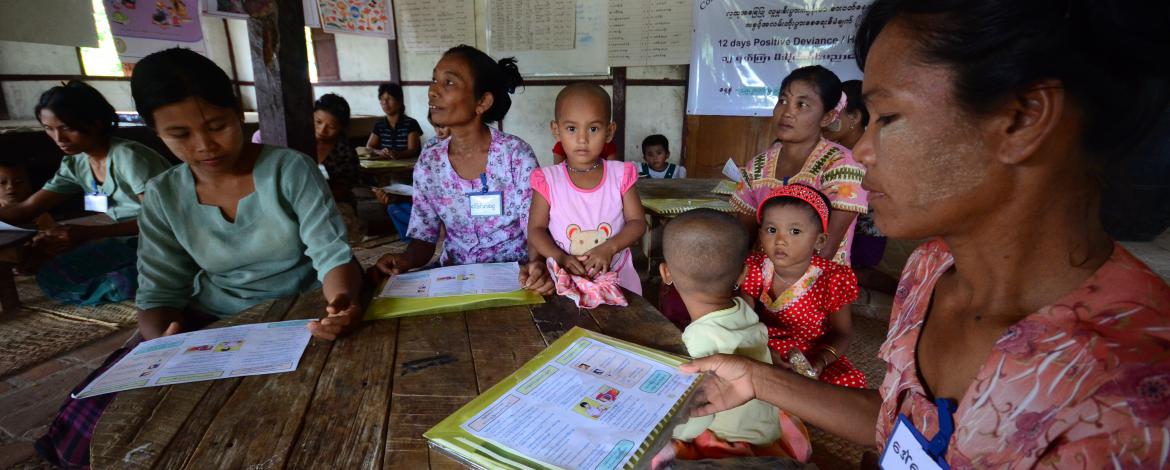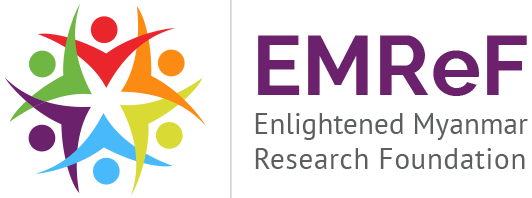
Researchers of EMReF are conducting social impact assessment since 2008 starting with the study called “Post Nargis Social Impact Monitoring (SIM). Later EMReF carries out several social assessments for the projects implemented by different Ministries of Myanmar Government with the technical and financial support of International Development Partners like World Bank, FAO, Aus Aid and so on. The social assessments review if a certain project that is going to be supported by the World Bank and International Development Partners are in line with social safeguard policies. The social assessments are culminated in developments of community and ethnic people’s participation frameworks and project operation procedures for each specific project.
- In 2008 May, Myanmar was hit the most disastrous cyclone in its living history called “Cyclone Nargis”. Almost 140,000 were killed or missing during the cyclone. Over 2.4 million people were severely affected and estimated damages and losses were over USD 4 billion. EMReF’s researchers who then were working for Myanmar Egress conducted a social impact assessment called Post Nargis Social Impact Assessment (SIM) with the technical support of the World Bank. The study is a longitudinal study which began in six months after Nargis until 5 years after Nargis carrying out four rounds of study from the middle of 2008 to 2013.
- Social Assessments on “Myanmar Decentralization Funds to Schools” were carried out in 2013 and 2014. The studies were conducted to report Ministry of Education on the social aspects on the stipends and school grants program which is being implemented by Ministry of Education of Myanmar since 2011-2012 academic year. The study also reviews if the current project is relevant to the social safeguard policy of the World Bank and international development partners.
- Social Assessment on the Agriculture Development Support Project (July 2014)is a study conducted to report Ministry of Agriculture and Irrigation on the social aspects of the proposed project of the Ministry and the World Bank on rehabilitation of the irrigation canals and supports on agricultural extension services. The study reviews if the project is relevant to the social safeguard policies of the World Bank and international development partners.
- Poverty and Social Impacts Analysis (PSIA) aimed at to feed evidences for Myanmar National Electrification Plan was conducted in July 2014 with the financial and technical support of the World Bank. The single study composes of three key methodological components: 1) Institutional and Political Economy Analysis; 2) Social Assessment; 3) Household Energy Consumption in both rural and urban area.
